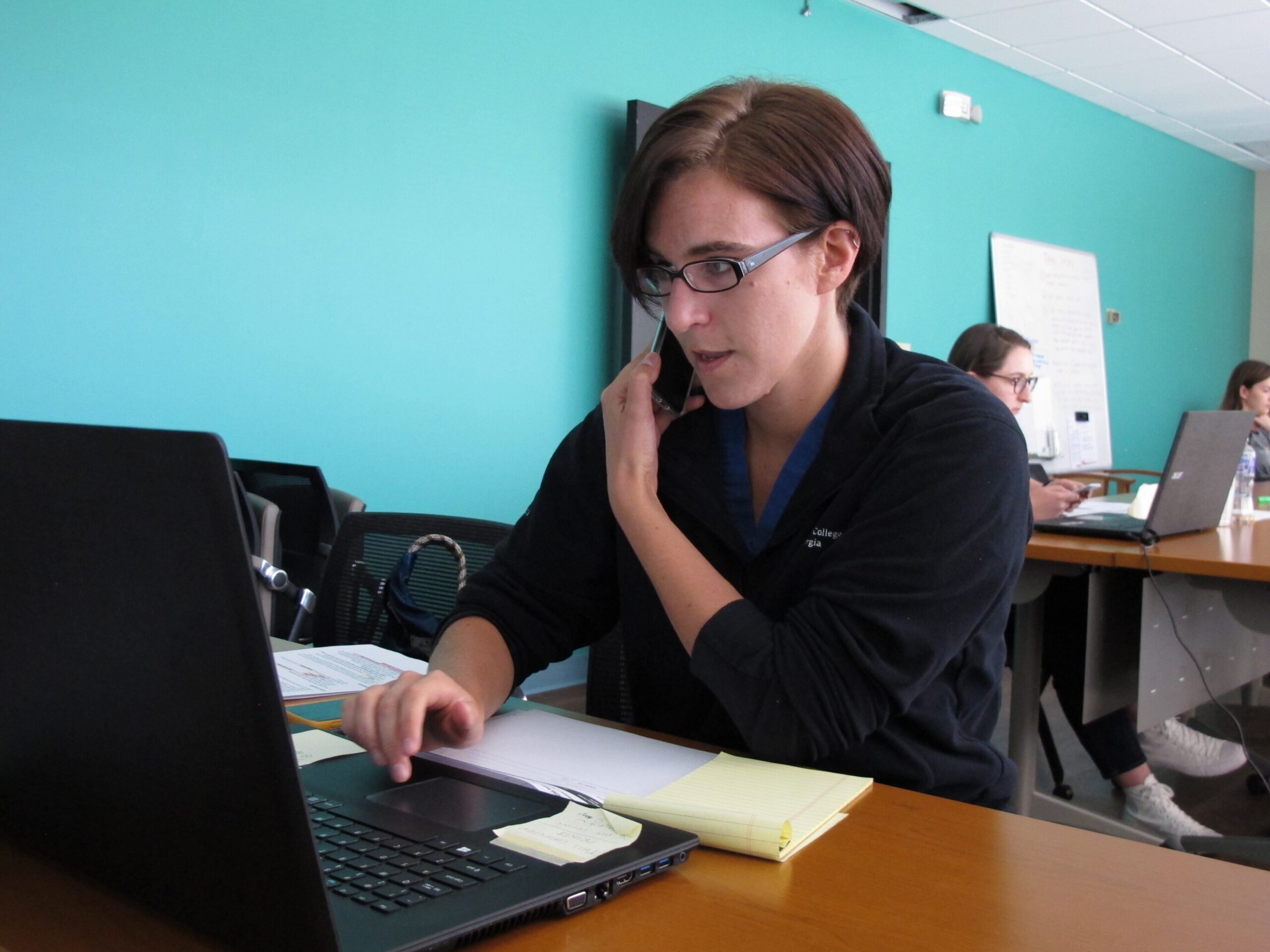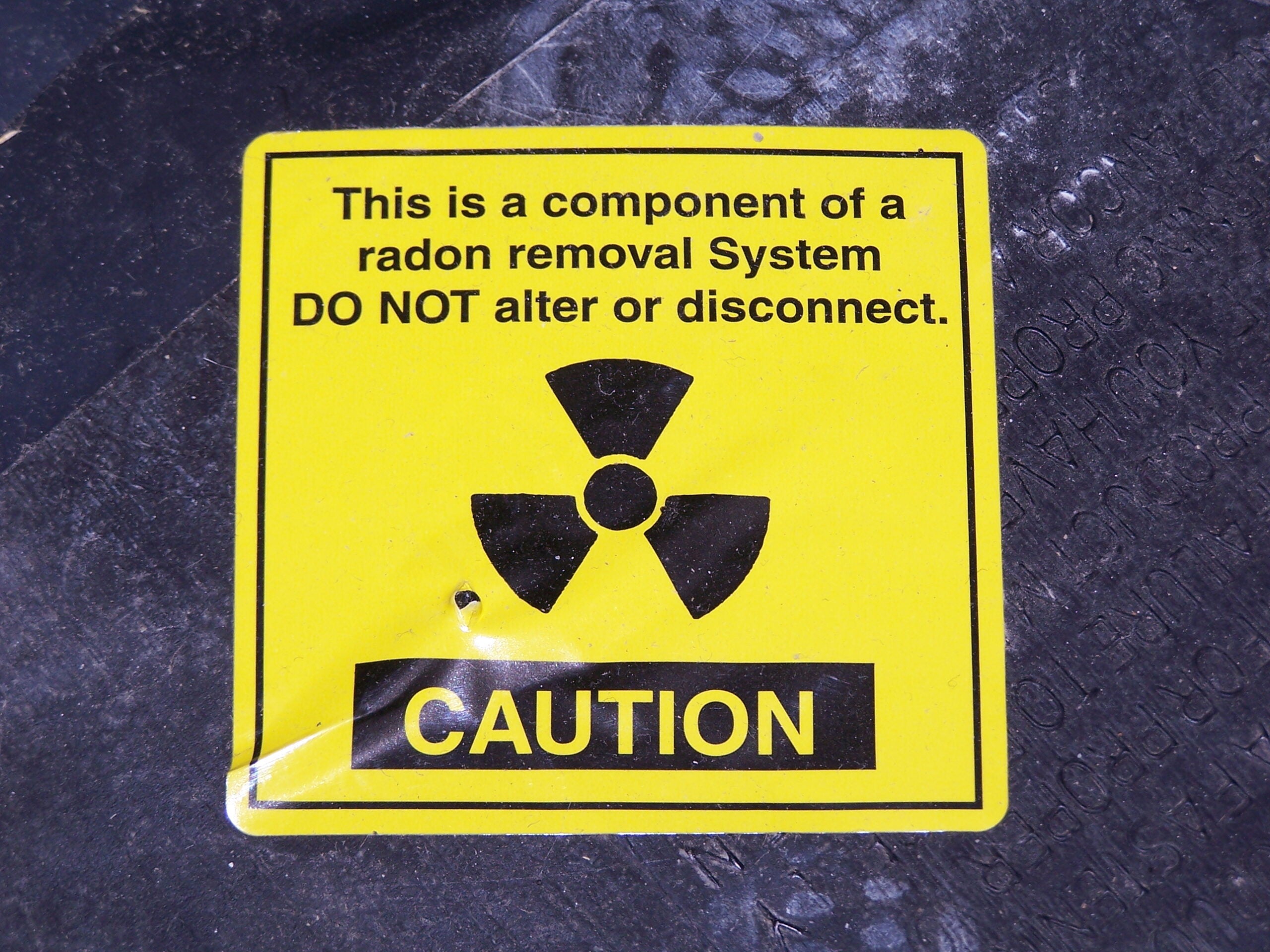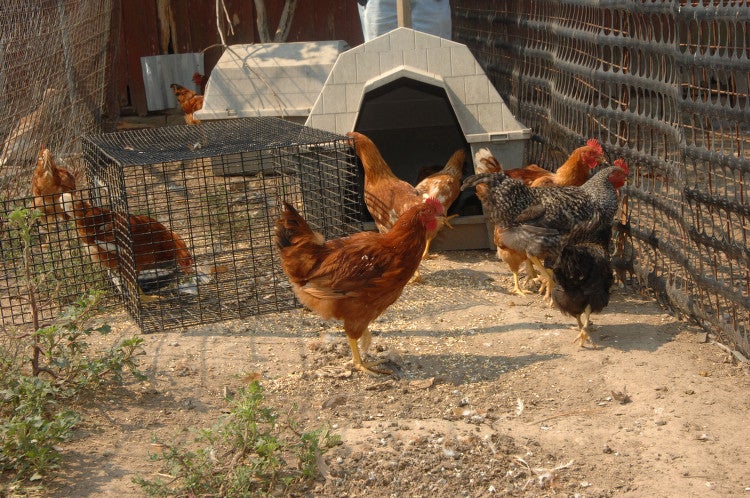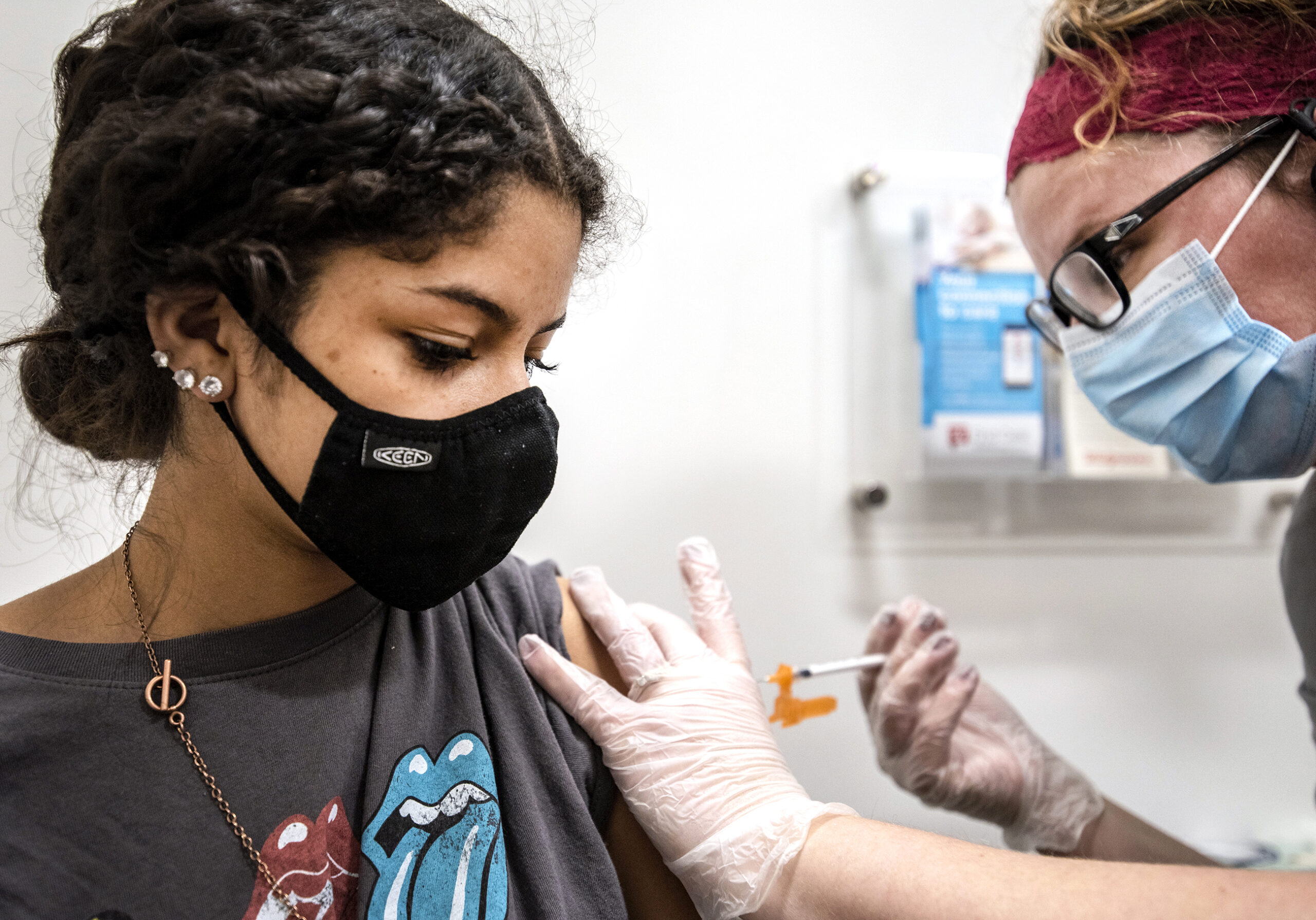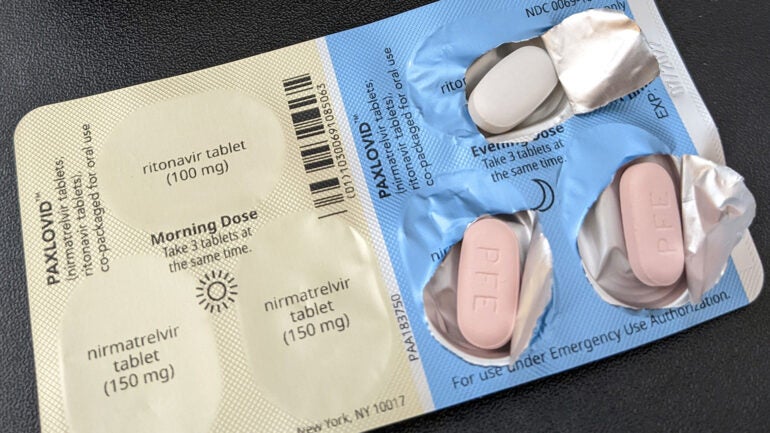As Wisconsin ramps up testing for COVID-19, state health officials are also looking to expand contact tracing.
The process identifies people who may have been exposed to the new coronavirus through contact with someone who has tested positive, and then works with them on quarantine, testing and treatment.
Traci DeSalvo, communicable disease epidemiology section chief for the state Department of Health Services, told WPR’s “The Morning Show” that most people are responding to phone calls from contact tracers.
Stay informed on the latest news
Sign up for WPR’s email newsletter.
“There are, of course, a portion of people who are a little more hesitant to answer an unknown number,” she said. “We really want to encourage folks to answer our calls and answer our questions. It really is one of the best ways we’re going to help to reduce the spread of COVID-19 in Wisconsin.”
DeSalvo said contact tracers don’t tell those they call who may have exposed them to the new coronavirus, but they do provide the date of possible exposure.
“That date is the start of their 14-day quarantine,” she said. “We’ll talk to them about what the restrictions are for movement related to that quarantine, and also talk to them about strategies to reduce exposure to other people in their community, in their household.”
Health officials say they’ve trained more than 400 state and University of Wisconsin System staff as contact tracers.
The National Association of County and City Health estimates 30 contact tracers are needed for every 100,000 residents to curb the pandemic.
That means, based on population, Wisconsin would need roughly 1,747 contact tracers to stop the spread of COVID-19.
Wisconsin Public Radio, © Copyright 2025, Board of Regents of the University of Wisconsin System and Wisconsin Educational Communications Board.
